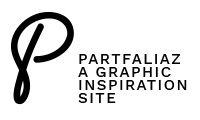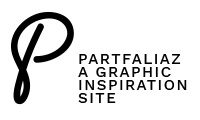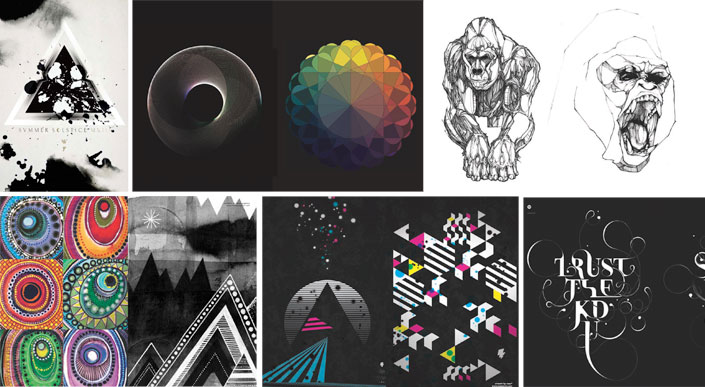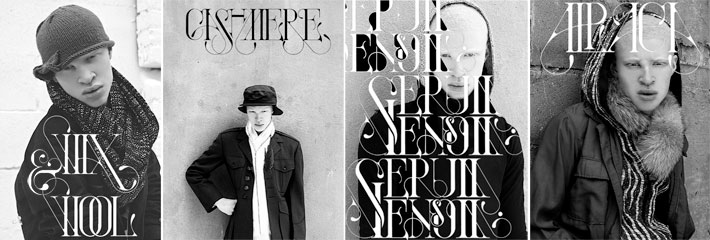March 30th, 2009
Partfaliaz interview David Gensler
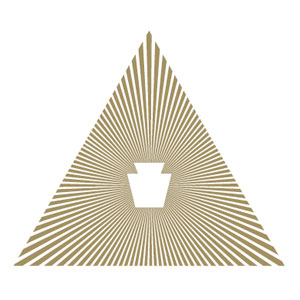
David Gensler, you are an hyperactive creative person and a renown brand strategist with some serious skills to connect people around fashion, art or marketing… How would you introduce yourself and what are you involved in these days ?
Thanks for the comments. I spend half my time designing and the other half developing strategies. After many years developing my career, I found that I need both to stay happy. I spent a number of years away from core design – just handling the business and planning – this ultimately made me unhappy, so now it is all about balance. I also feel, now more than ever that is is difficult to focus on one thing in design and not have to supply the entire solution – meaning design is always only one part of the solution – everything is connected through the bottom line – especially in this economy.
What about The KDU ? Considering your own course, how came the idea of an international collective and what are your future plans with The KDU ? How do you “compose” this collective, gathering so many interesting talents?
I left a corporate job and wanted to venture out independent – but with all the advantages a global corporation provides. I was interested in having an organization that was global, but also lean and efficient.
I also did not want to fill an office with dozens, if not hundreds of people. I began by connecting with like minded people – great talents that wanted to have a deeper reach and more access but also shared our desire to remain outside the realm of the 9 to 5 job. It is honestly all about connecting the best and most ambitious talents under a single purpose. Our purpose (regarding the network) has been and will remain the same thing – helping top talent grow and progress their careers. For our consulting group it has always been about offering cutting edge solutions to our clients, faster and often at a better rate than they would find inside a normal big agency system.
I think our success has honestly been mostly due to the “old system” failing to change at a rate never before seen. Big agencies spent so many years attempting to become content producers and shift into new categories – many forgot their core mission was to serve their clients – and to do so in a manner that was effective and profitable for both parties. Our last mission is to grow our in-house brands. Our focus has always been media and fashion. Lately media has been subjected to the failing economy, so we are now 100% focused on SVSV, our designer label.
[vimeo]http://www.vimeo.com/3256135[/vimeo]
You are also co-creative director of The Solstice, this book featuring the work of dozens of The KDU sharp shooters around the world. For me this is like a trend book combining illustration, conception and design but it could be also seen as a printed playground for designers or a promotion book for The KDU. What is your point of view ?
We love magazines. We worked last year to rebuild URB magazine – but that was a client project and we missed having complete control. The solstice is just that – a way for us to showcase new ideas, new talents, recent collaborations… whatever we are into at the time the books are launched.
Is it a limited run book? So… who is supposed to get it?
People that we want to have it. (short answer…) We tend to focus the deliver to fashion, entertainment and other magazines. This is a peer to peer media push – it is never intended to touch the common market.
I would love to do another magazine again, but for now, we are happy doing something small and focused. It is difficult to be committed to a print schedule when most of the advertising media has dried up. For the solstice we typically debut a new issue around the magic and bread and butter fashion tradeshows. It is a great time to hand a few hundred magazines to colleagues and friends.
It is obvious that you are concerned by politics and philosophy… Can you tell us more about what you call “the rise of Futurecraft” ?
I have had the privilege of education, travel and have been blessed with a great career. I have been lucky and I am truly thankful for everything I have experienced in life and my career – with that said, you, as you begin to meet your personal goals you begin to ask yourself bigger questions. Will my entire life be devoted to designing objects and then figuring out ways to sell them… dont get me wrong, I love what I do – I just have come to realize their is a lot more to life than what I am doing and have done. I think we, as a people, need to shift interest back to things that dont come with a price tag – requiring credit or debt to obtain. Ideas are free and that makes them dangerous, especially in a capitalist system. I think that I am running out of things to “design” that will end up satisfying my personal desire to create… like the reaction a consumer has when the product or experience simply does not fulfill the anxiety they had when pining it… I am also faced with similar feelings. First I want to use strategy, marketing and design to help more people in need.
I see this transpiring more in places like Africa. I visited Malawi last year and was moved by the experience. I think the country could greatly benefit from reinventing their identity and brand. I think this type of work would have a greater payout for me in terms of personal satisfaction. This leads us to Futurecraft. I have always been interested in why we as a people, society or culture place value on any one thing versus another. Recently, over the last 5 years, I have watched trends become more and more short lived… hot products be overthrown by lesser products only because they (the newer products) are “more new.” I have closely observed the value of media exceed the products or experience they cover. All of this “more, faster, now” reality is driven from the digital reality. The level of anxiety for the “new” is so overwhelming that we have truly forgotten the real meaning of value. Generations of traditional beliefs, mores, values, skills, crafts have been overtaken by the rush of the digital moment. I am not saying this is good or bad – I will not place myself in the position as judge. I do however recognize that this is in fact the reality that we as a modern western society are existing in. Being that my core job is to develop competitive strategies for business and brands – I naturally found myself examining the “potential” of the counter reality – a reality more “unplugged” and more focused on the values that have sustained our species throughout recorded history.
I think for every fancy new cellphone or iphone app that launches next week, there are volumes of books and traditional skills that seem to be lost to the ages. Our traditions have become content to entertain us on television, movies or the internet. Futurecraft is an active critical theory for our modern age. In practice it manifests in personal decisions we can each make – shifting focus from that which is consumed to that which is uniquely experienced, remembered and shared. It is not anti-consumerism by any means – it is simply an understanding that since we will not be walking away from consumerism anytime soon, we need to find an aggressive solution to maintain balance and sustain growth as a society.
For me, Future Craft means I will not rush the development of our SVSV line for the only profit. I have to feel completely comfortable with how we grow, why and when. I want to personally develop the brand using local resources. I manufacture the garments in NYC and this is important to me… I want to know the people sewing the garments. This is counter productive in terms of cost per garment and even the speed we can produce garments – for a client I would obviously never follow this path, but for me, it is personal and has more to do with pride and personal code than only the bottom line. When everything is fast and mass produced, there is obviously value in something that is focused, stubbornly on taking its time and doing things right.
Proof7 is producing and printing the Solstice, what would you say about your collaboration?
Proof has been our partners for many years and we have always stood side by side on each others ventures.
It has become a KDU tradition to engage in these collaborations – without them work would hardly be so interesting.
Read Proof7 partner Laurence Chandler’s interview in Partfaliaz
Check out:
svsv
The Keystone Design Union
The KDU’s blog
David Gensler’s video interview on URB magazine
David’s partner Aerosyn-Lex video on Complex magazine
Images courtesy of David Gensler. All rights protected.
Comments are closed.
